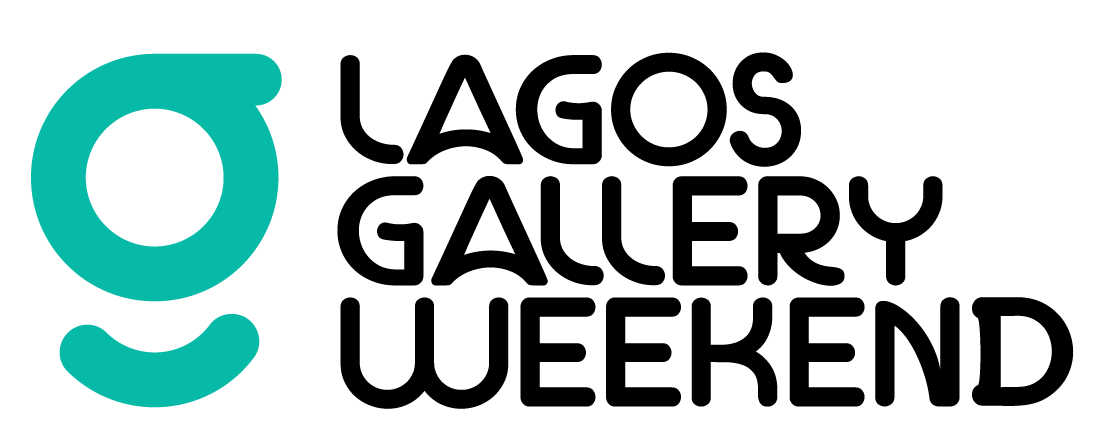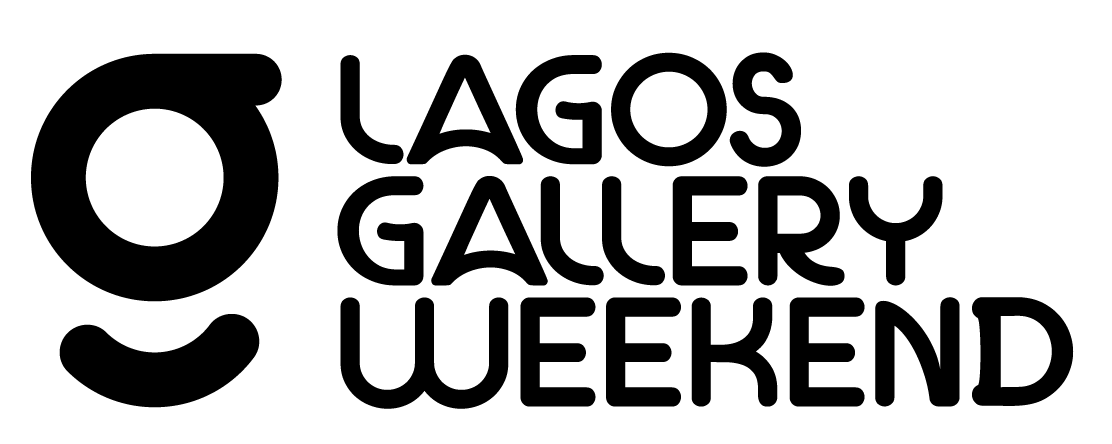Kó
Dry Season | Eva Obodo
Dry Season | Eva Obodo
Dry Season | Eva Obodo
kó is pleased to present Dry Season, a solo exhibition featuring recent charcoal and fibre artworks of Eva Obodo. This exhibition explores the artist’s fascination with the intricate terrains of human experience, presenting a powerful narrative of contemporary social and political landscapes. Eva Obodo is a professor of Fine and Applied Arts at the University of Nigeria, Nsukka, specialising in sculpture. Over the past two decades, Obodo's artistic practice has evolved significantly. Initially focused on exploring dry wood through techniques of tying, binding, and polishing, his recent work incorporates wood in its charcoal state—a transformative phase following burning that is often deemed aesthetically depleted. Similarly, his approach to fibre art has shifted from creating soft sculptures using jute bags to crafting cylindrical forms and bold, thread-like wave lines, highlighting the artist's experimental process with materials.
kó is pleased to present Dry Season, a solo exhibition featuring recent charcoal and fibre artworks of Eva Obodo. This exhibition explores the artist’s fascination with the intricate terrains of human experience, presenting a powerful narrative of contemporary social and political landscapes. Eva Obodo is a professor of Fine and Applied Arts at the University of Nigeria, Nsukka, specialising in sculpture. Over the past two decades, Obodo's artistic practice has evolved significantly. Initially focused on exploring dry wood through techniques of tying, binding, and polishing, his recent work incorporates wood in its charcoal state—a transformative phase following burning that is often deemed aesthetically depleted. Similarly, his approach to fibre art has shifted from creating soft sculptures using jute bags to crafting cylindrical forms and bold, thread-like wave lines, highlighting the artist's experimental process with materials.
kó is pleased to present Dry Season, a solo exhibition featuring recent charcoal and fibre artworks of Eva Obodo. This exhibition explores the artist’s fascination with the intricate terrains of human experience, presenting a powerful narrative of contemporary social and political landscapes. Eva Obodo is a professor of Fine and Applied Arts at the University of Nigeria, Nsukka, specialising in sculpture. Over the past two decades, Obodo's artistic practice has evolved significantly. Initially focused on exploring dry wood through techniques of tying, binding, and polishing, his recent work incorporates wood in its charcoal state—a transformative phase following burning that is often deemed aesthetically depleted. Similarly, his approach to fibre art has shifted from creating soft sculptures using jute bags to crafting cylindrical forms and bold, thread-like wave lines, highlighting the artist's experimental process with materials.
kó is pleased to present Dry Season, a solo exhibition featuring recent charcoal and fibre artworks of Eva Obodo. This exhibition explores the artist’s fascination with the intricate terrains of human experience, presenting a powerful narrative of contemporary social and political landscapes. Eva Obodo is a professor of Fine and Applied Arts at the University of Nigeria, Nsukka, specialising in sculpture. Over the past two decades, Obodo's artistic practice has evolved significantly. Initially focused on exploring dry wood through techniques of tying, binding, and polishing, his recent work incorporates wood in its charcoal state—a transformative phase following burning that is often deemed aesthetically depleted. Similarly, his approach to fibre art has shifted from creating soft sculptures using jute bags to crafting cylindrical forms and bold, thread-like wave lines, highlighting the artist's experimental process with materials.






Dry Season | Eva Obodo
Dry Season | Eva Obodo
The exhibition’s title refers to the harsh ecological period when resources are scarce and survival of natural vegetation becomes a delicate negotiation—a metaphor that resonates through the individual artwork titles. This theme reflects the tensions and limitations present in the social, political, and personal ecosystems of Nigeria, Africa, and the world. Several series within the exhibition offer critiques of political institutional dysfunction, while others explore interpersonal dynamics and social proximities. Obodo’s work also engages with themes carrying deep religious implications across various faiths and addresses contemporary economic challenges. Although Obodo has transitioned from using wood and jute bags as primary elements in his work in favour of charcoal and thread, he continues to employ the tying and binding techniques that have become the hallmark of artists from the Nsukka School. The careful assembly of small loops of charcoal and strands of thread into expansive compositions points to the contemporary “Igwebuike” idiom of the Nsukka School that expresses the belief in the strength of a multitude. Here, individual fragments that might have been discarded as negligible are reimagined. Dry Season stands as a meditation on adaptation and the persistent hope of survival that emerges even in seemingly barren contexts. It mirrors our collective and individual struggles within harsh, inequitable systems and pays homage to the resilient, sustainable experimental spirit of the Nsukka School.
The exhibition’s title refers to the harsh ecological period when resources are scarce and survival of natural vegetation becomes a delicate negotiation—a metaphor that resonates through the individual artwork titles. This theme reflects the tensions and limitations present in the social, political, and personal ecosystems of Nigeria, Africa, and the world. Several series within the exhibition offer critiques of political institutional dysfunction, while others explore interpersonal dynamics and social proximities. Obodo’s work also engages with themes carrying deep religious implications across various faiths and addresses contemporary economic challenges. Although Obodo has transitioned from using wood and jute bags as primary elements in his work in favour of charcoal and thread, he continues to employ the tying and binding techniques that have become the hallmark of artists from the Nsukka School. The careful assembly of small loops of charcoal and strands of thread into expansive compositions points to the contemporary “Igwebuike” idiom of the Nsukka School that expresses the belief in the strength of a multitude. Here, individual fragments that might have been discarded as negligible are reimagined. Dry Season stands as a meditation on adaptation and the persistent hope of survival that emerges even in seemingly barren contexts. It mirrors our collective and individual struggles within harsh, inequitable systems and pays homage to the resilient, sustainable experimental spirit of the Nsukka School.
The exhibition’s title refers to the harsh ecological period when resources are scarce and survival of natural vegetation becomes a delicate negotiation—a metaphor that resonates through the individual artwork titles. This theme reflects the tensions and limitations present in the social, political, and personal ecosystems of Nigeria, Africa, and the world. Several series within the exhibition offer critiques of political institutional dysfunction, while others explore interpersonal dynamics and social proximities. Obodo’s work also engages with themes carrying deep religious implications across various faiths and addresses contemporary economic challenges. Although Obodo has transitioned from using wood and jute bags as primary elements in his work in favour of charcoal and thread, he continues to employ the tying and binding techniques that have become the hallmark of artists from the Nsukka School. The careful assembly of small loops of charcoal and strands of thread into expansive compositions points to the contemporary “Igwebuike” idiom of the Nsukka School that expresses the belief in the strength of a multitude. Here, individual fragments that might have been discarded as negligible are reimagined. Dry Season stands as a meditation on adaptation and the persistent hope of survival that emerges even in seemingly barren contexts. It mirrors our collective and individual struggles within harsh, inequitable systems and pays homage to the resilient, sustainable experimental spirit of the Nsukka School.
kó is an art gallery based in Lagos, Nigeria that is dedicated to promoting modern and contemporary African art. kó has a dual focus in championing Nigeria's leading artists from the modern period and celebrating emerging and established contemporary artists across Africa and Diaspora. kó presents a rigorous program of solo and group exhibitions at its gallery in Ikoyi. kó has showcased the work of several emerging African and Diasporan artists, many of whom participated in artist residencies with the gallery in Lagos. kó has also developed projects with Nigeria's preeminent modern artists from the 1940s-1980s in an effort to re-invigorate discourses about Nigeria's modernist and post-colonial art movements.
kó is an art gallery based in Lagos, Nigeria that is dedicated to promoting modern and contemporary African art. kó has a dual focus in championing Nigeria's leading artists from the modern period and celebrating emerging and established contemporary artists across Africa and Diaspora. kó presents a rigorous program of solo and group exhibitions at its gallery in Ikoyi. kó has showcased the work of several emerging African and Diasporan artists, many of whom participated in artist residencies with the gallery in Lagos. kó has also developed projects with Nigeria's preeminent modern artists from the 1940s-1980s in an effort to re-invigorate discourses about Nigeria's modernist and post-colonial art movements.
kó is an art gallery based in Lagos, Nigeria that is dedicated to promoting modern and contemporary African art. kó has a dual focus in championing Nigeria's leading artists from the modern period and celebrating emerging and established contemporary artists across Africa and Diaspora. kó presents a rigorous program of solo and group exhibitions at its gallery in Ikoyi. kó has showcased the work of several emerging African and Diasporan artists, many of whom participated in artist residencies with the gallery in Lagos. kó has also developed projects with Nigeria's preeminent modern artists from the 1940s-1980s in an effort to re-invigorate discourses about Nigeria's modernist and post-colonial art movements.
kó is an art gallery based in Lagos, Nigeria that is dedicated to promoting modern and contemporary African art. kó has a dual focus in championing Nigeria's leading artists from the modern period and celebrating emerging and established contemporary artists across Africa and Diaspora. kó presents a rigorous program of solo and group exhibitions at its gallery in Ikoyi. kó has showcased the work of several emerging African and Diasporan artists, many of whom participated in artist residencies with the gallery in Lagos. kó has also developed projects with Nigeria's preeminent modern artists from the 1940s-1980s in an effort to re-invigorate discourses about Nigeria's modernist and post-colonial art movements.
Explore other exhibitions


TR Institute
Material Memory | Anthony Azekwoh, Gbemileke Adekunle, & Saheed Adelakun
+ Read more
Memory is not static. It is tactile, layered, and ever-shifting; etched into the surfaces of our lives through material, texture, and form. Material Memory brings together the works of Anthony Azekwoh, Gbemileke Adekunle, and Saheed Adelakun, three artists who engage deeply with the physicality of memory, using material as both a medium and a metaphor for personal and collective histories.
Memory is not static. It is tactile, layered, and ever-shifting; etched into the surfaces of our lives through material, texture, and form. Material Memory brings together the works of Anthony Azekwoh, Gbemileke Adekunle, and Saheed Adelakun, three artists who engage deeply with the physicality of memory, using material as both a medium and a metaphor for personal and collective histories.


